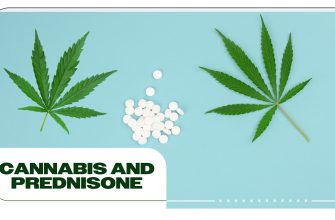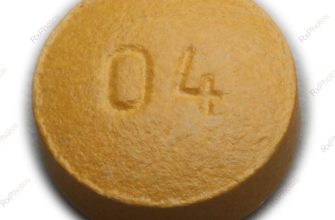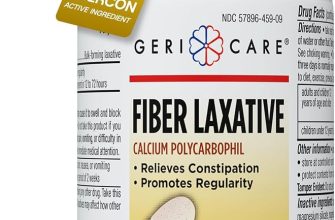No, prednisone is not an anabolic steroid. It’s a corticosteroid, a type of glucocorticoid, that works differently in the body. While both classes impact protein metabolism, their mechanisms and effects vary significantly.
Anabolic steroids promote muscle growth and strength. Prednisone, conversely, primarily reduces inflammation and suppresses the immune system. Its impact on muscle mass can be indirect and often involves catabolism, a breakdown of muscle tissue. This side effect is often associated with long-term use and higher dosages.
Doctors frequently prescribe prednisone for conditions like asthma, allergies, and autoimmune diseases. Understanding this distinction is critical; confusing these drug classes can lead to incorrect treatment assumptions and potentially harmful self-medication attempts. Consult a physician for accurate diagnosis and treatment.
Remember: Always discuss medication usage with your healthcare provider. They can provide tailored guidance based on your individual health status and medical history. Self-treating can be risky and ineffective. Proper medical supervision ensures safer and more effective treatment.
Prednisone’s Mechanism of Action: Understanding its Differences from Anabolic Steroids
Prednisone, a glucocorticoid, works by binding to glucocorticoid receptors inside cells. This binding alters gene expression, influencing numerous bodily processes. Specifically, it reduces inflammation by suppressing the immune system and decreasing the production of inflammatory chemicals. This contrasts sharply with anabolic steroids.
Anabolic steroids, like testosterone, primarily bind to androgen receptors. This interaction stimulates protein synthesis, leading to increased muscle mass and strength. While some overlap exists in their effects on certain metabolic pathways, the primary mechanisms and resulting physiological changes differ significantly. Prednisone doesn’t significantly promote muscle growth; its effects are predominantly anti-inflammatory and immunosuppressive.
Key Difference: Anabolic steroids build muscle; Prednisone reduces inflammation. This fundamental difference explains why Prednisone is a crucial medication for managing inflammatory conditions like asthma and arthritis, while anabolic steroids are used (illegally in most cases) for muscle enhancement.
Important Note: Both Prednisone and anabolic steroids carry significant side effects. Prednisone’s long-term use can weaken bones, increase blood sugar, and elevate blood pressure. Anabolic steroids carry a range of health risks, including liver damage, cardiovascular problems, and mood swings. Consult a physician before using either medication.
In short, while both are steroid hormones, their mechanisms of action and clinical applications are completely different. Prednisone’s anti-inflammatory properties are unrelated to the muscle-building effects of anabolic steroids.
Prednisone Use and the Risks of Misconception: Clarifying its Application and Potential for Abuse
Prednisone is not an anabolic steroid; it’s a corticosteroid. This distinction is crucial for understanding its legitimate medical uses and the dangers of misuse.
Doctors prescribe prednisone to treat various inflammatory conditions, including asthma, rheumatoid arthritis, and lupus. It reduces inflammation by suppressing the immune system. However, this immunosuppressive effect is precisely why misuse is so risky.
Misconceptions arise from prednisone’s ability to temporarily increase muscle protein synthesis, leading some to believe it builds muscle like anabolic steroids. This effect is minimal compared to true anabolic steroids and comes with significant side effects.
Long-term prednisone use can cause serious health problems, including osteoporosis, cataracts, diabetes, and increased risk of infection. Abrupt cessation after prolonged use can also trigger serious withdrawal symptoms. These risks significantly outweigh any potential, minor muscle-building benefits.
The potential for abuse stems from athletes or bodybuilders seeking a performance enhancer. However, the health hazards far outweigh any perceived performance gains. This pursuit is irresponsible and potentially lethal.
Always use prednisone strictly as prescribed by a doctor. Never attempt self-medication or use it for non-medical reasons. Discuss any concerns or questions directly with your healthcare provider. They can provide personalized guidance and address your specific needs safely and effectively.






